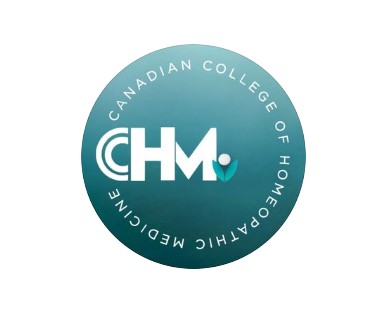If you’re interested in a career that combines holistic healing with scientific principles, becoming a certified homeopath could be the perfect fit for you. Homeopathy has been used for centuries to treat a wide range of health conditions, focusing on using natural remedies to stimulate the body’s healing process. Therefore, following these steps will guide you to becoming a certified homeopath.
Understand What Homeopathy Is
Before you dive into the process of becoming a certified homeopath, it’s important to first understand the basics of homeopathy. Essentially, homeopathy is a form of alternative medicine that treats individuals using highly diluted substances. These substances stimulate the body’s self-healing abilities. Unlike conventional medicine, homeopathy emphasizes treating the whole person, not just the symptoms. As a result, understanding this core principle is crucial to your journey.
Choose an Accredited Homeopathy Program
Once you grasp the basics, the next step is to choose an accredited homeopathy program. Selecting the right program is essential because it ensures that you receive quality education and training. Moreover, accreditation from recognized organizations helps you meet the standards required for certification. Therefore, it’s wise to carefully research various programs and make an informed decision.
Complete Required Education and Training
After selecting a program, you’ll need to complete the necessary coursework. Homeopathy programs often include subjects such as anatomy, physiology, pathology, and the philosophy of homeopathy. Notably, mastering these subjects is crucial because they provide a solid foundation for understanding how homeopathic treatments work. Consequently, you will be well-prepared for future practical experiences and exams.
Gain Practical Experience
In addition to classroom education, hands-on experience is a vital part of becoming a certified homeopath. Many programs offer internships or clinical placements where you will work with patients under the supervision of experienced professionals. This practical experience will help you develop the skills needed to assess and treat patients effectively. Furthermore, it allows you to observe how treatments are applied in real-life scenarios, which is essential for building confidence and competence.
Study the Homeopathic Materia Medica
To enhance your knowledge, you should study the materia medica. The materia medica is a comprehensive reference guide containing detailed descriptions of homeopathic remedies. Familiarizing yourself with this important resource is essential for a homeopath. In addition, it will deepen your understanding of how remedies are prepared, their uses, and the conditions they treat. As a result, you’ll be better equipped to select the appropriate remedies for various health concerns.
Learn Homeopathic Repertorization
Another key aspect of becoming a certified homeopath is learning how to use homeopathic repertories. Repertorization is the process of selecting the right remedy based on a patient’s symptoms. By mastering this skill, you will be able to make more accurate decisions when choosing remedies. Consequently, this will improve the overall quality of care you provide to patients. Additionally, studying repertorization will ensure that you can tailor treatments to each patient’s specific needs.
Pass Certification Exams
After completing your training and gaining sufficient experience, the next step is to take a certification exam. These exams are designed to assess your knowledge and understanding of homeopathy. Typically, the exams consist of both written and practical components. By passing the exam, you will demonstrate that you have acquired the necessary skills to practice homeopathy safely and effectively. Therefore, studying diligently for the exam is crucial to achieving success.
Obtain a License to Practice
In many countries, including Canada, practicing as a homeopath requires a license. To obtain this license, you may need to take additional exams or meet other specific requirements, depending on your location. However, make sure to check the licensing requirements in your area. Once you’ve met these requirements and earned your certification, you will be legally authorized to practice homeopathy. As a result, you can begin treating patients and providing care within your community.
Stay Current with Continuing Education
Homeopathy is a dynamic and evolving field. To maintain your certification and remain at the forefront of the profession, you must participate in continuing education. This may involve attending workshops, taking advanced courses, or engaging with professional associations. Moreover, continuing education will help you stay informed about the latest research and developments in homeopathy. Therefore, staying updated ensures that you continue providing the best care to your patients.
Join Professional Organizations
Finally, consider joining professional organizations such as the Canadian Society of Homeopaths (CSH) or other reputable associations. These organizations provide a wealth of networking opportunities, resources, and ongoing education. By being a member, you’ll also have access to support from other professionals in the field. Additionally, joining a professional organization can lend credibility to your practice and help you stay connected with the homeopathy community. As a result, you’ll feel more confident in your ability to help others.
Conclusion
Becoming a certified homeopath is a rewarding and fulfilling journey. By following the steps outlined above, you’ll be well on your way to making a meaningful impact in the field of homeopathy. Whether you’re passionate about natural healing or eager to help people improve their health, this career offers both personal and professional growth.
To get started, visit HomeopathyCanada for more information on how you can begin your path to becoming a certified homeopath. The world of holistic healing awaits you!


